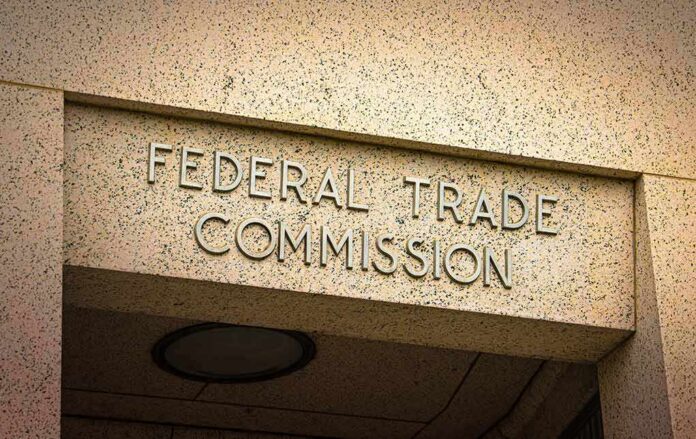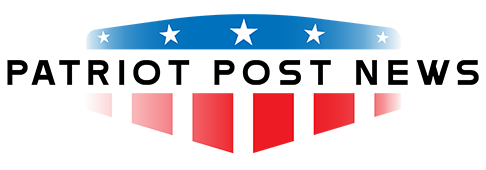
The FTC trial shines a new light on internal strife at Meta, revealing debates over the authenticity of Instagram’s engagement.
Key Insights
- Up to 40% of Instagram’s engagement may be fake, according to an unnamed Meta executive.
- Internal emails and documents are crucial to the FTC’s monopoly case against Meta.
- The FTC has outlawed buying fake followers to enhance authenticity in social media marketing.
- Instagram co-founder Kevin Systrom criticized Meta’s lack of support and resources.
- Meta counters FTC claims, citing rivalry from competitors like TikTok and YouTube.
Internal Disagreements Spotlight Engagement Concerns
An unidentified Meta executive highlighted that up to 40% of all Instagram engagement might be artificially inflated, a revelation made in the FTC’s court documents attempting to dismantle Meta. “By some estimates, fake engagement could be in range of 40%,” expressed the executive. The emails reveal frustrations within Meta over the integrity of Instagram’s user interactions, which Mark Zuckerberg’s team vigorously contests.
Deliberations center around directives to improve platform integrity, including calls for reCAPTCHA, phone verification, and app updates. Internal discourse reached Instagram’s Head, Adam Mosseri, who acknowledged the issues but showed hesitance to reallocate additional resources, despite pressure from staff advocating for increased investment in the welfare department.
FTC’s Crackdown on Inflated Engagement
The FTC has refined its guidelines, outlawing the purchase of fake followers, creating a formal framework targeting deceptive online practices. Influencers and brands engaging in fraudulent activities by buying fake metrics now face strict penalties. The FTC’s rule aims to protect consumers from misleading signals of popularity or influence on social media.
The rule categorically denounces fake engagement that includes bots, hijacked, or impersonation accounts. Authenticity is emphasized to maintain market integrity, and the amendments provide clear enforcement mechanisms to tackle fake metrics in social media marketing.
Meta’s Legal Defense Against Monopoly Allegations
Allegations lodged by the FTC assert that Meta monopolizes the social media space through strategic acquisitions, such as Instagram and WhatsApp. The FTC’s endeavor to dismantle Meta would mandate divestiture of these core platforms. Meta refutes the monopoly accusations, citing intense competition from platforms like TikTok and YouTube. Internal documents and testimonies constitute the backbone of the FTC’s case against Meta.
“I was working very hard for the company to make this a success and not getting resources back,” shared Kevin Systrom, Instagram’s co-founder. Meta argues the evidence used by the FTC is outdated, insisting the claims overlook the existing conditions of fierce market rivalry.
The trial’s outcome hinges on whether Meta’s market strategy deems it a monopolistic entity, with far-reaching implications for the tech giant and broader social media industry.
Sources:
- The FTC is coming after influencers and brands that buy fake followers
- Meta exec’s frantic warning about Instagram’s alarming ‘fake’ activity numbers in spotlight at FTC trial

























